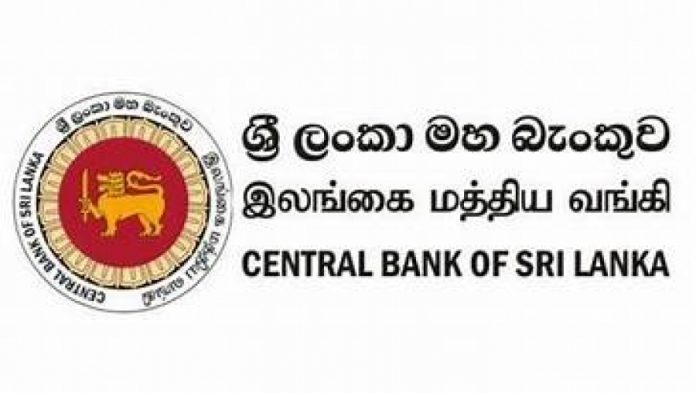The Central Bank said that the domestic economy was actually performing well, strengthened by new foreign investment despite news of the Sri Lankan Rupee falling in value to the US Dollar. A Bank communique said that improved IMF reports, the recent credit upgrades from two top international ratings agencies and strong bond sales were signs of stable, long-term growth.
The full statement says: “In recent days, serious concerns have been expressed regarding the performance of the Sri Lankan economy. In this context, it is instructive to gauge the level of external support for the Sri Lankan economy from international capital markets. This would be an independent barometer of the health of the Sri Lankan economy as international capital markets are hard-nosed in their assessments, the Central Bank said.
An International Sovereign Bond (ISB) amounting to US$ 2.5 bn (the largest ever) was successfully issued. It was 2.6 times over-subscribed. Large orders were placed by some of the world’s largest and most reputed investment funds. With the receipt of ISB proceeds, gross official reserves have increased to US$ 9.9 billion which is historically the highest level.
There has been a very favourable response to the RFP for a term loan of USD 1 bn. The Government is considering up scaling this loan and to utilize the incremental proceeds to repay more expensive existing debts. Despite outflows from emerging markets in the wake of normalization of US interest rates as well as synchronized growth in US, Europe and Japan for the first time since the Global Financial Crisis, there have been net cumulative inflows both to the stock market as well as the rupee denominated Government Securities market.
There have been foreign portfolio investments in equity, through primary and secondary market investment in the Colombo Stock Exchange to the tune of USD 9. 6 mn to-date in 2018. In 2017, inflows amounted to USD 278.5 mn. Net inflows into the Government Securities market amounted to USD 6.05 mn so far this year. In 2017, net inflows amounted to USD 441 mn. FDI flows of USD 1.9 bn in 2017 were an all-time record, albeit from a low base.
In addition, staff-level agreement has been reached on the fourth Review of the IMF EFF, subject to Cabinet approval of the automatic fuel pricing formula. The fifth tranche of the IMF facility is expected in June 2018. After June 2017 the IMF has issued several positive statements regarding improving macroeconomic stability and outlook.Last year two ratings agencies namely S&P and Fitch changed the outlook to stable from negative.
The above reflects positive sentiment regarding the performance of the Sri Lankan economy and its prospects on the basis of independent assessments made by external parties who have backed this by inflows of their money in to the country.
It is imperative to build upon this by persisting with sound macroeconomic policies: fiscal consolidation, prudent monetary policies and a flexible exchange rate which supports the competitiveness of the economy. This should be supported by the acceleration of structural reforms to strengthen factor markets; improve the investment climate; boost investment promotion, introduce trade facilitation measures; and complete trade negotiations. Political stability is essential for sustained growth and development.
investment promotion, introduce trade facilitation measures; and complete trade negotiations. Political stability is essential for sustained growth and development.






